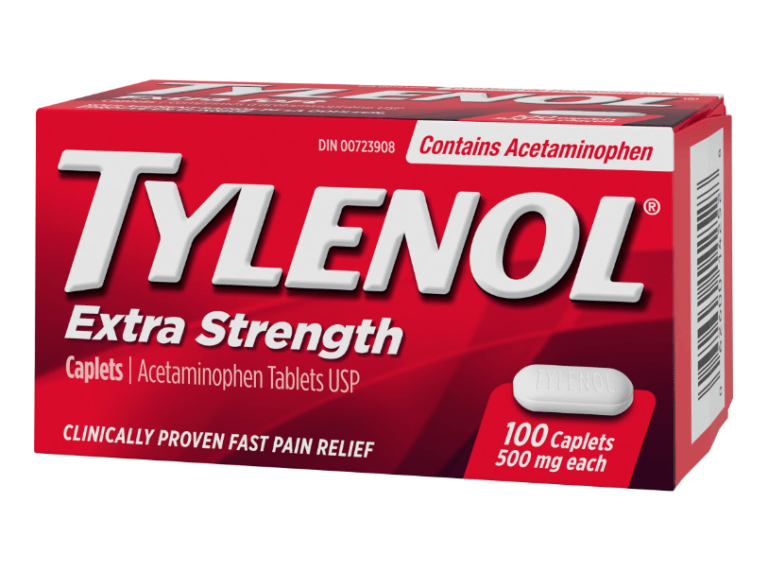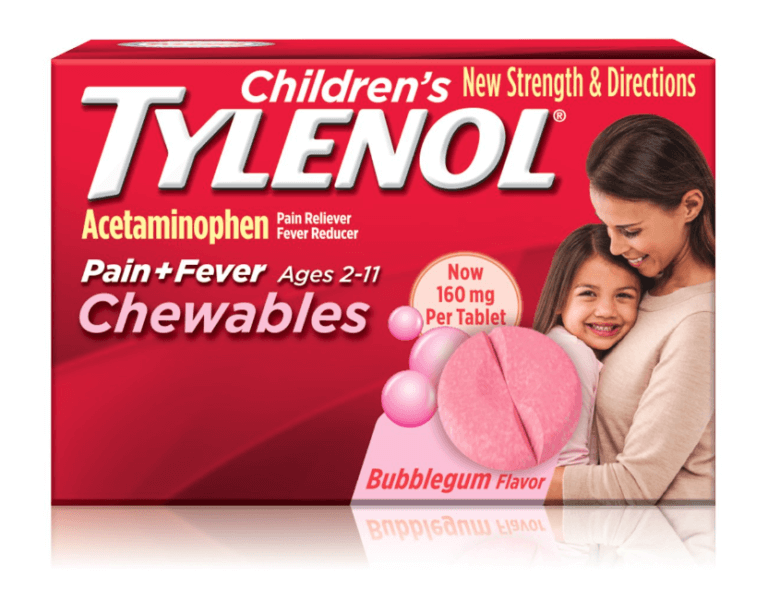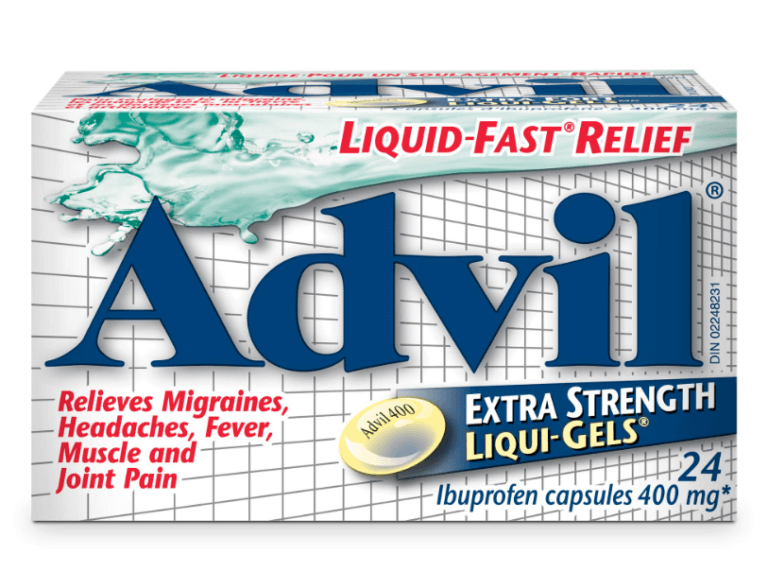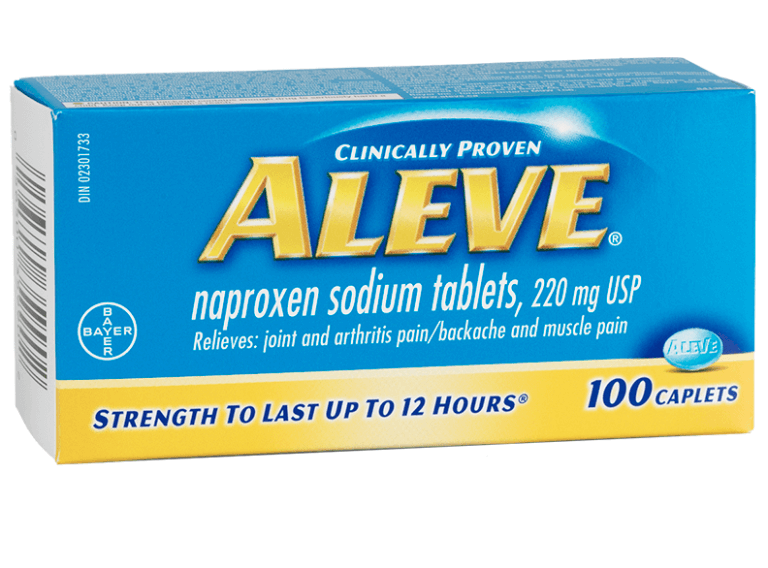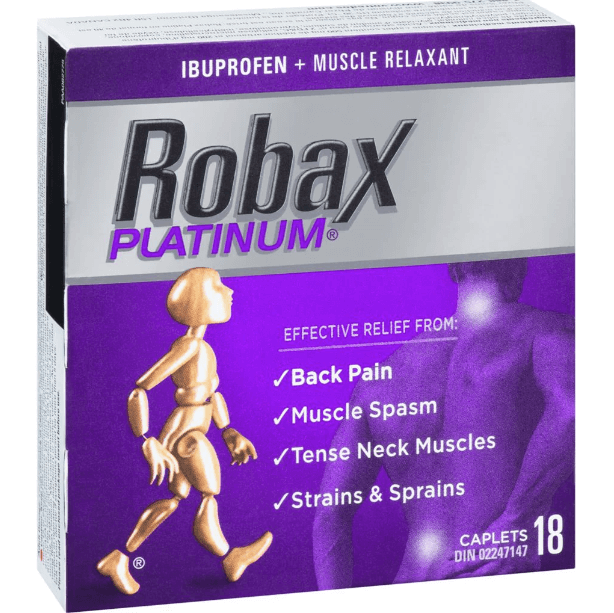Dental Pain Medication

What Is Dental Pain Medication?
Dental pain can be disruptive and overwhelming, turning even simple daily tasks into challenges. For those experiencing discomfort from a toothache, dental infection, or other oral issues, relief becomes essential not only for comfort but also for oral health. Dental pain medications play a vital role in managing discomfort, reducing inflammation, and supporting recovery.
Understanding which pain relief options are available, how they work, and how to use them safely is key to managing dental pain effectively. Before you consult with a Toronto dentist for dental pain medication, here’s an in-depth look at what’s available and how to choose the right option for your needs.
- Types of Dental Pain Medications
- Safety of Pain Relievers During Pregnancy
- Frequently Asked Questions About Pain Relievers
If you have questions about Dental Pain Medication or other dental problems, please contact us for more information.
Types of Dental Pain Medications
When it comes to managing dental pain, a variety of pain relievers are available to help alleviate discomfort and promote healing. These pain relievers can be categorized into two main groups: over-the-counter (OTC) medications and prescription medications:
- Over-the-Counter (OTC) Pain Relievers: OTC pain relievers are readily available at most pharmacies and grocery stores without the need for a prescription. They provide a convenient and accessible way to manage mild to moderate dental pain. Here are some common types of OTC pain relievers:
- Prescription Pain Relievers: For more severe dental pain or pain following complex dental procedures, a dentist or healthcare provider may prescribe stronger medications to ensure effective pain management. These prescription pain relievers include:
The choice of dental pain medication depends on factors such as the intensity of pain, medical history, and any existing health conditions. Consulting a dentist can help ensure the most effective and safest treatment.

Our Best Recommendations for Dental Pain Medication
Below are recommendations for different types of dental pain and specific needs:
Tylenol, also known as acetaminophen or paracetamol, is a well-recognized and trusted brand in the realm of pain relief and fever reduction. This medication is renowned for its ability to effectively alleviate pain and reduce fever.
Key Features:
- Reliable Pain Relief: Tylenol is formulated with acetaminophen, a potent pain-relieving ingredient that targets pain at its source. It’s widely used to alleviate a variety of pains, ranging from headaches and muscle aches to dental discomfort.
- Fever Reduction: In addition to pain relief, Tylenol is also effective in reducing fever associated with illnesses such as the common cold or flu.
- Extra Strength Formulation: The “Extra Strength” variant of Tylenol contains a higher concentration of acetaminophen (500mg per tablet), making it suitable for managing more intense pain.
Usage Guidelines:
- It’s important to follow the recommended dosage instructions provided on the packaging or by a healthcare professional. An Extra-Strength Tylenol is 500mg of acetaminophen and can be taken every 4-6 hours. For the worst dental pain, you can typically take up to 1000mg every 4-6 hours. If that is insufficient, it may be possible to combine 1000mg of Tylenol with 600mg of Advil for a synergistic pain relieving effect.
- Taking more than the recommended dose can lead to serious health risks, including liver damage. It’s especially crucial to avoid alcohol consumption while using Tylenol, as combining the two can increase the risk of liver problems. Consult with a healthcare provider before taking Tylenol.
Children’s Tylenol is a well-regarded brand of medication designed specifically for children. It provides safe and effective relief from pain and fever, making it a go-to choice for parents and caregivers.
Key Features:
- Pediatric Formulation: Children’s Tylenol is specially formulated for children and is available in various kid-friendly forms, such as chewable tablets and liquid.
- Acetaminophen-Based: The active ingredient in Children’s Tylenol is acetaminophen, a widely used pain reliever and fever reducer known for its safety and effectiveness in children.
- Reliable Pain and Fever Relief: Children’s Tylenol is trusted for alleviating common childhood discomforts like headaches, toothaches, minor aches, and reducing fever due to illnesses like the flu or cold.
- Grape Flavor: Many versions of Children’s Tylenol come in a grape flavor that is generally well-received by children.
Usage Guidelines:
- Parents and caregivers should carefully follow the dosing instructions provided on the packaging or by a healthcare professional to ensure the correct and safe use of Children’s Tylenol.
- It’s crucial to store Children’s Tylenol out of reach of children to prevent accidental ingestion.
- Parents should consult with a healthcare provider if they have questions about proper dosing or if their child has underlying medical conditions.
Advil Liqui-Gels are a trusted solution for effective pain relief and reducing fever. With the active ingredient ibuprofen, these liquid-filled capsules offer fast-acting relief from a variety of pains and discomforts, making them a popular choice for individuals seeking rapid relief from various ailments.
Key Features:
- Powerful Pain Relief: Advil Liqui-Gels are formulated with ibuprofen, a potent non-steroidal anti-inflammatory drug (NSAID) known for its ability to alleviate pain and reduce inflammation.
- Fast Absorption: The liquid-filled design of Advil Liqui-Gels enables rapid absorption in the body, allowing for quick pain relief and reduced fever.
- Convenient Format: The liquid-filled capsules are easy to swallow and offer a convenient option for on-the-go pain relief.
Usage Guidelines:
- It’s important to adhere to the recommended dosage instructions provided on the packaging or by a healthcare professional. One Advil Liqui-Gel is 400mg of ibuprofen and can be taken every 4-6 hours. For the worst dental pain, you can typically take up to 600mg every 4-6 hours. If that is insufficient, it may be possible to combine 600mg ibuprofen with 1000mg of Tylenol for a synergistic pain relieving effect.
- Exceeding the recommended dosage can lead to adverse effects and health risks. It’s also advisable to take Advil Liqui-Gels with food or milk to help minimize potential stomach irritation.
Aleve is a trusted solution for effective pain relief, utilizing the power of naproxen sodium—an anti-inflammatory medication known for its ability to alleviate pain and reduce inflammation. These capsules offer a convenient and fast-acting option for managing a variety of painful conditions.
Key Features:
- Naproxen Sodium Formula: Aleve contains naproxen sodium, a potent non-steroidal anti-inflammatory drug (NSAID) that targets pain and inflammation at their source.
- Versatile Use: Aleve is effective in alleviating a range of painful conditions, including headaches, muscle aches, dental pain, menstrual cramps, and more.
- Long-Lasting Relief: The extended duration of action of naproxen sodium means that fewer doses are often required for all-day pain relief.
Usage Guidelines:
- Following the recommended dosage instructions provided on the packaging or by a healthcare professional is crucial. One Aleve tablet is 220mg of naproxen and can be taken every 8 hours. Initially, you may take 440mg as a first dose. Maximum 660mg every 24 hours. If that is insufficient, it may be possible to combine Aleve with 1000mg of Tylenol every 8 hours for a synergistic pain relieving effect.
- To minimize the risk of stomach irritation, it’s advisable to take Aleve with food or milk. While Aleve can provide effective pain relief, it’s important to consult with a healthcare provider before use, especially if you have a history of gastrointestinal problems, ulcers, kidney issues, or if you are taking other medications. Overusing naproxen sodium can lead to adverse effects and health risks.
Robaxacet Extra Strength is a trusted solution designed to provide dual-action pain relief specifically for jaw muscle and TMJ pain. This medication combines two active ingredients—methocarbamol and acetaminophen— offering a comprehensive approach to jaw pain management.
Key Features:
- Dual-Action Formula: Robaxacet Extra Strength contains two active ingredients that work synergistically to address different aspects of jaw pain:
- Methocarbamol: A muscle relaxant that helps relieve muscle tension and spasms, contributing to reduced discomfort.
- Acetaminophen: A well-known pain reliever that helps alleviate pain and reduce fever, offering comprehensive relief.
- Targeted Jaw Pain Relief: This medication is specifically formulated to address jaw pain, making it a suitable option for individuals experiencing discomfort in this area.
- Extra Strength: The “Extra Strength” variant of Robaxacet offers a higher concentration of active ingredients, providing enhanced relief for more intense jaw pain.
Usage Guidelines:
- Following the recommended dosage instructions provided on the packaging or by a healthcare professional is essential. Adhering to the proper dosage ensures effective relief while minimizing the risk of side effects. Due to the presence of acetaminophen, it’s crucial to avoid exceeding the recommended dose to prevent potential liver damage.
Prescription-Grade Pain Medication: Tylenol No. 3 with Codeine
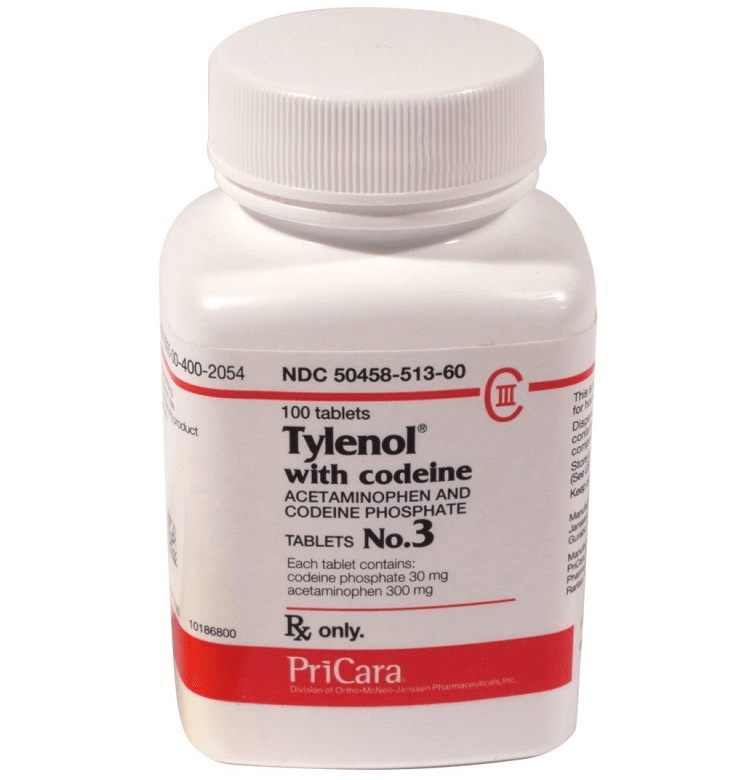
Tylenol No. 3 with Codeine is a combination medication that provides relief from pain using two active ingredients: acetaminophen and codeine. A doctor or dentist’s prescription is required for this class of pain medication. It is designed to address moderate to moderately severe pain, offering an effective solution for individuals experiencing discomfort that requires stronger pain relief.
Key Features:
- Combination of Acetaminophen and Codeine: Tylenol No. 3 combines acetaminophen, a well-known pain reliever, with codeine, a mild opioid analgesic. Together, these ingredients work synergistically to manage pain.
- Moderate to Moderately Severe Pain Relief: Tylenol No. 3 is typically prescribed for pain that falls within the moderate to moderately severe range. It can be effective for managing a variety of painful conditions, such as dental pain, post-operative pain, and injuries.
- Prescription Medication: Tylenol No. 3 is available by prescription only. It’s important to consult with a healthcare provider before use to determine if it’s appropriate for your specific condition and medical history.
Usage Guidelines:
- It’s essential to take Tylenol No. 3 exactly as prescribed by a healthcare provider. Following the recommended dosage instructions is crucial to achieve effective pain relief while minimizing the risk of side effects. Because Tylenol No. 3 contains codeine, it’s crucial to follow the prescribed dosage and not exceed the recommended amount. Excessive use of opioids can lead to addiction, respiratory depression, and other serious health risks.
Safety of Pain Relievers During Pregnancy
Pregnancy requires special considerations when it comes to medication. Some pain relievers may be safe in limited doses, while others pose risks to fetal development. Here’s a brief overview:
- Acetaminophen (Tylenol): Generally safe during pregnancy when used in recommended doses and for short durations. Consulting a healthcare provider is essential.
- NSAIDs (Ibuprofen, Naproxen): Typically avoided, especially in the third trimester, due to potential complications.
- Opioids (e.g., Tylenol No. 3): Used cautiously and only when prescribed, as opioids can cross the placenta and affect the fetus.
For pregnant individuals, it’s best to consult with both a dentist and obstetrician to determine the safest approach to managing dental pain. For more information about Dental Pain Medication, please contact us.
Frequently Asked Questions About Pain Relievers
- When should I consider prescription pain medication for dental pain?
If OTC medications do not provide sufficient relief, or if you experience severe pain, consult your dentist. They may prescribe stronger medications, such as Tylenol No. 3 with codeine, for short-term use.
- Are there specific pain medications recommended for children with dental pain?
Yes, Children’s Tylenol (acetaminophen) is commonly recommended for pediatric dental pain. Always follow dosing instructions and consult a healthcare professional before administering any medication to a child.
- How can I manage dental pain if I have a sensitive stomach?
Acetaminophen (Tylenol) is often recommended for individuals with sensitive stomachs, as it is less likely to cause gastrointestinal discomfort compared to NSAIDs.
- Are there non-medication methods to alleviate dental pain?
Yes, applying a cold compress to the affected area, rinsing with warm saltwater, and maintaining good oral hygiene can help reduce discomfort. However, these methods may provide temporary relief, and it’s important to consult a dentist for proper treatment.
If you experience persistent or severe dental pain, it’s important to consult your dentist promptly to determine the underlying cause and receive appropriate treatment. For more information about Dental Pain Medication, please contact us.

